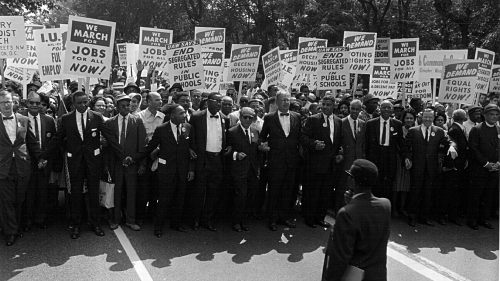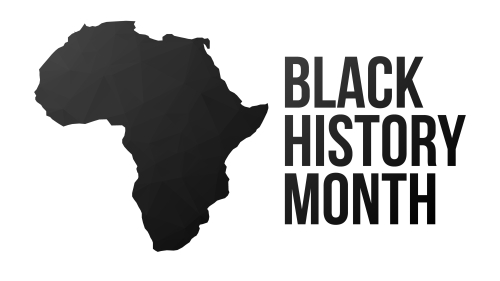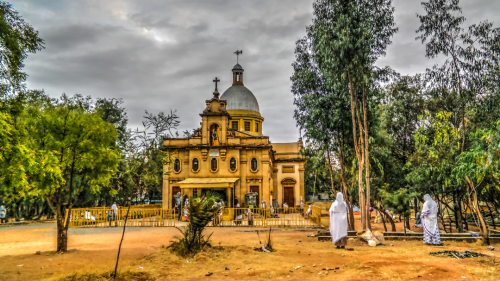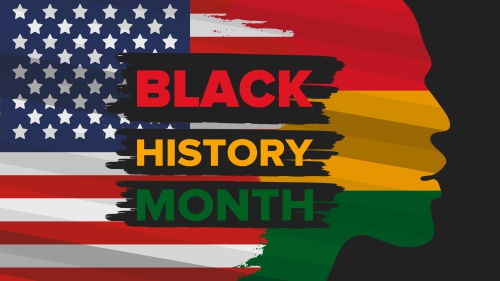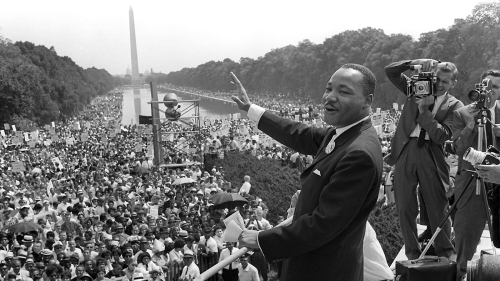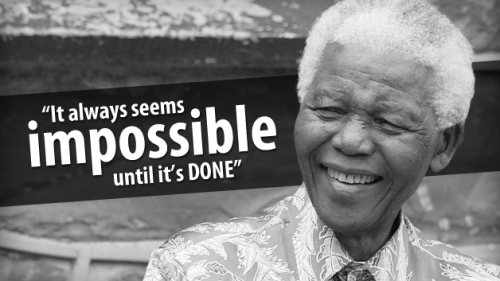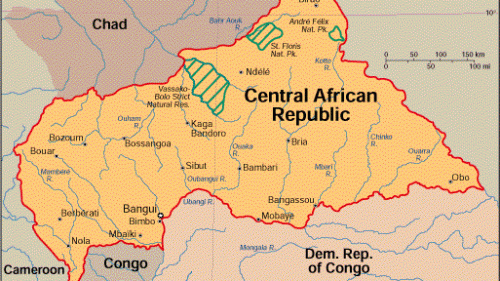Kenya waiting for a chance to forge ahead

The ongoing unrest in Kenya appears to continue until the government's promises of legal and constitutional reforms are not implemented. Parliament is also to review repressive laws and a commission is to be set up to review the constitution.
However, Kenyan reformists - who have been on numerous occasions led up and down the garden path by President Daniel Arap Moi's actions - are not convinced of the sincerity of the President's promises. They have seen many promises broken and have thus called for a nationwide strike next week, August 8, unless Moi responds to their demands for democratic reforms.
The alliance of opposition leaders, human rights group and ordinary activists are serious and are not going to relax their vigilance.
Danial Moi who will be completing his 20 years' rule is seeking another five-year term. Moi is in power as the President of this East African country since 1978 and is facing elections later this year. His Kenya African National Union (KANU) also has given in to the calls for change and themselves are reviewing some of the archaic laws. However, change has to come from the parliament.
KANU's promises to repeal or amend offending laws have fallen on deaf ears. Nobody believes it any more.
Parliamentary democracy was given a big blow when the Safina movement led by the internationally respected conservationist Richard Leakey was denied registration as a party. Leakey who lost his legs in a land mine blast is a Kenyan of British origin.
Leakey explained his position: "I sincerely hope the authorities in this country will take the appropriate response in terms of starting the process of reforms. I also hope the president and his government recognize that putting the burden of their bad government on the people is not going to win them any votes in the future. What is needed is to sit down and discuss a way forward and a government of national unity could restore some real confidence."
Leaky has been viciously attacked and his loyalty questioned. However, he has not given in and once reforms take place and the societies act is repealed Safina can forge an alliance with others.
The Western countries have shown undue interest in Kenya's present political quagmire. So has the International Monetary Fund which is threatening to suspend its 216 million pound loan agreement unless reforms are not made and corruption curtailed. After the IMF action, Kenyan Attorney General Amos Wako recently published "The Statute Law (Repeals and Miscellaneous Act) Bill 1997" for debate and approval by the parliament.
Kenya lost approximately 10 percent of its annual GDP; also damaged its international credibility and scared foreign investors. Some foreign investors are trying to repatriate their money from Kenya. According to a top investment adviser, "the Kenya government's reaction over the weekend will determine what investors do. Investors are waiting for a statement from the president and his silence is perturbing."
The Goldenberg fraud, as it is well known, eroded international confidence in Kenya's economy. In 1992, under an official compensation scheme for gold and diamonds export, a company was fraudulently paid 100 million dollars. While there is no diamond at all in Kenya and it produces very little gold.
Moi's intransigence in not accepting the reality of the grim situation and the call for an end to the security forces' disgraceful role is undermining Kenya, even Kenya's important tourist industry.
Kenya is an important country in Africa. It has the required potential for development and growth. It also has the people who, if given the chance, can forge ahead.
The question arises who is going to give them the chance. Let us wait and see.






